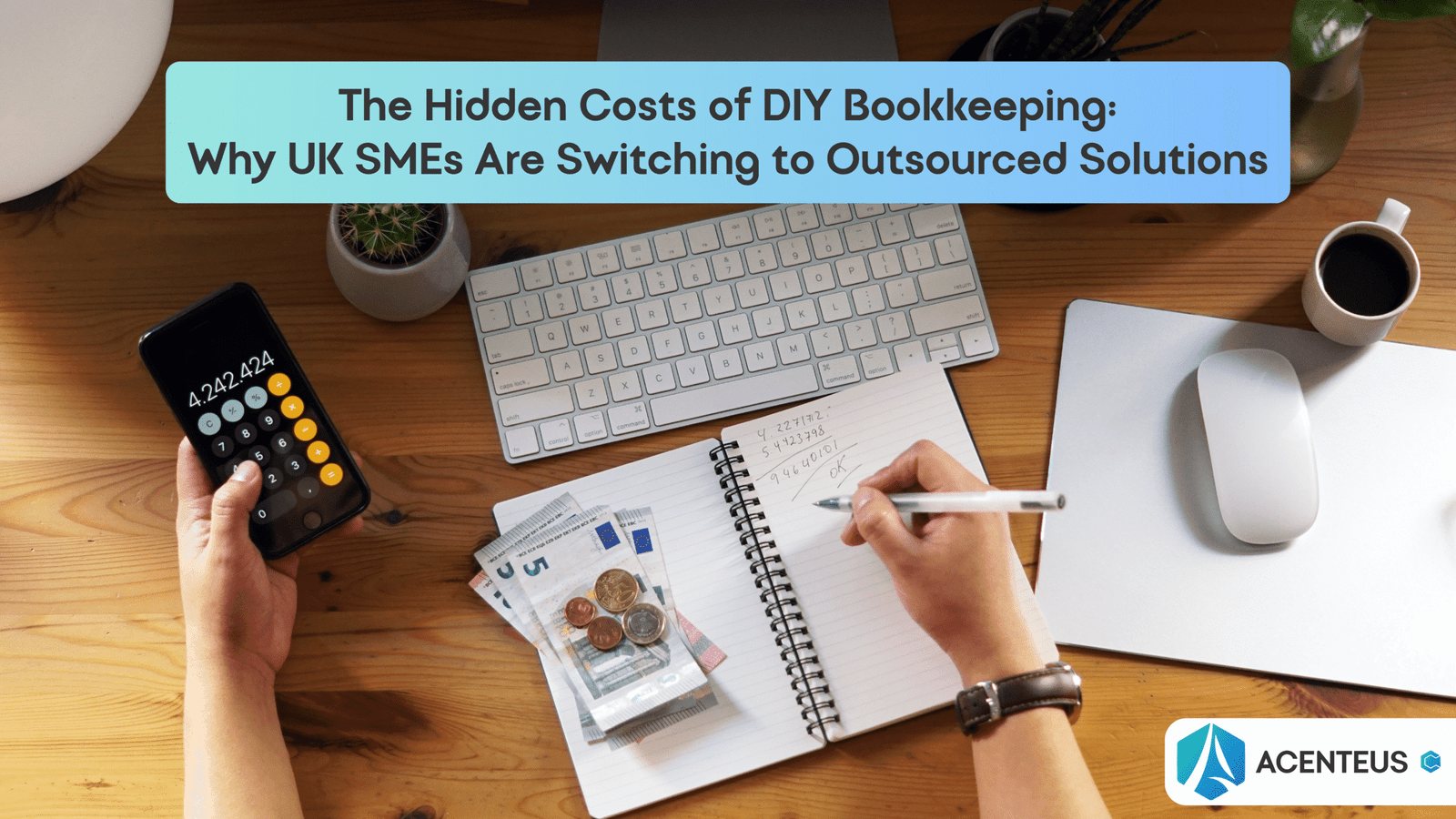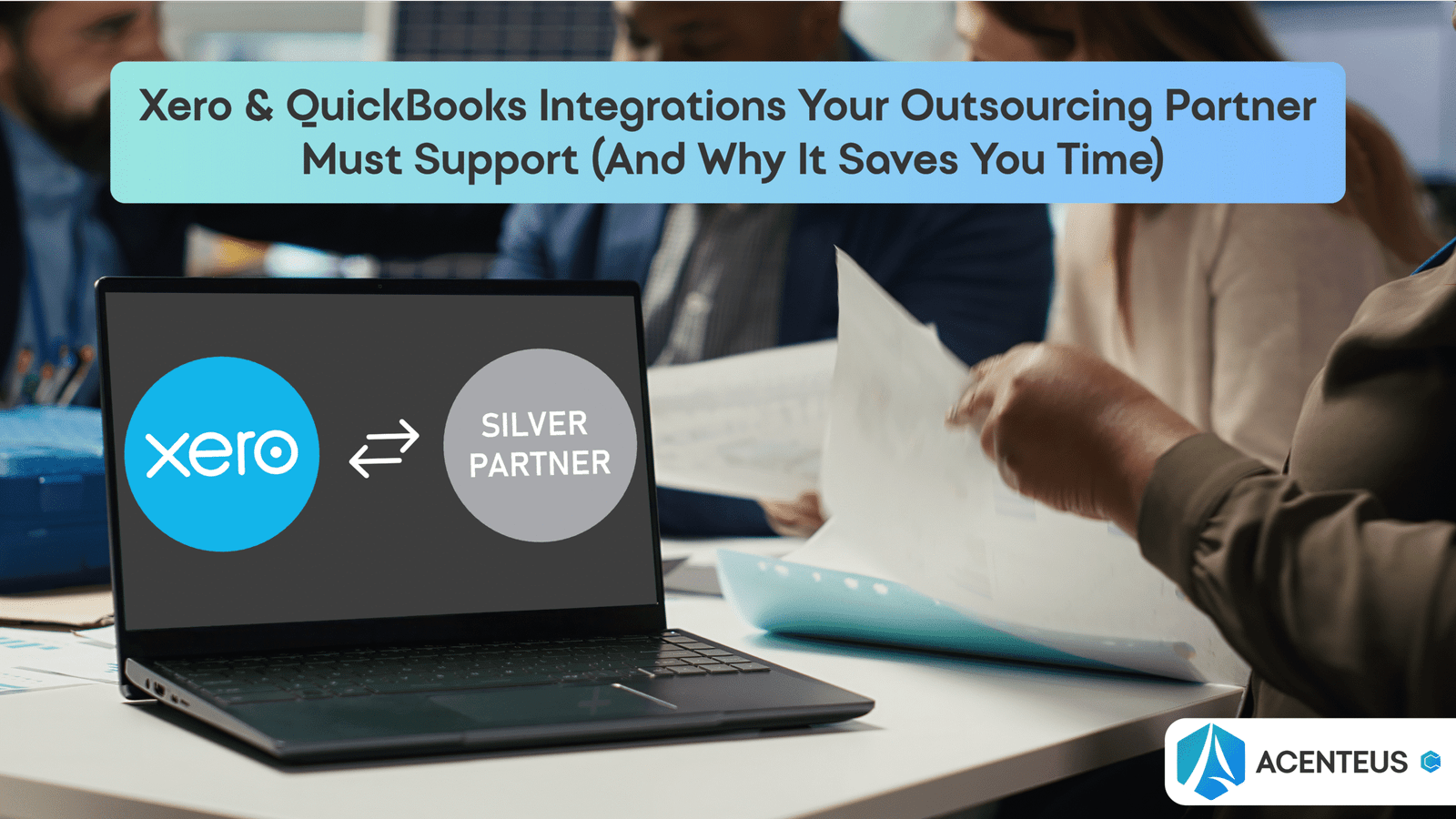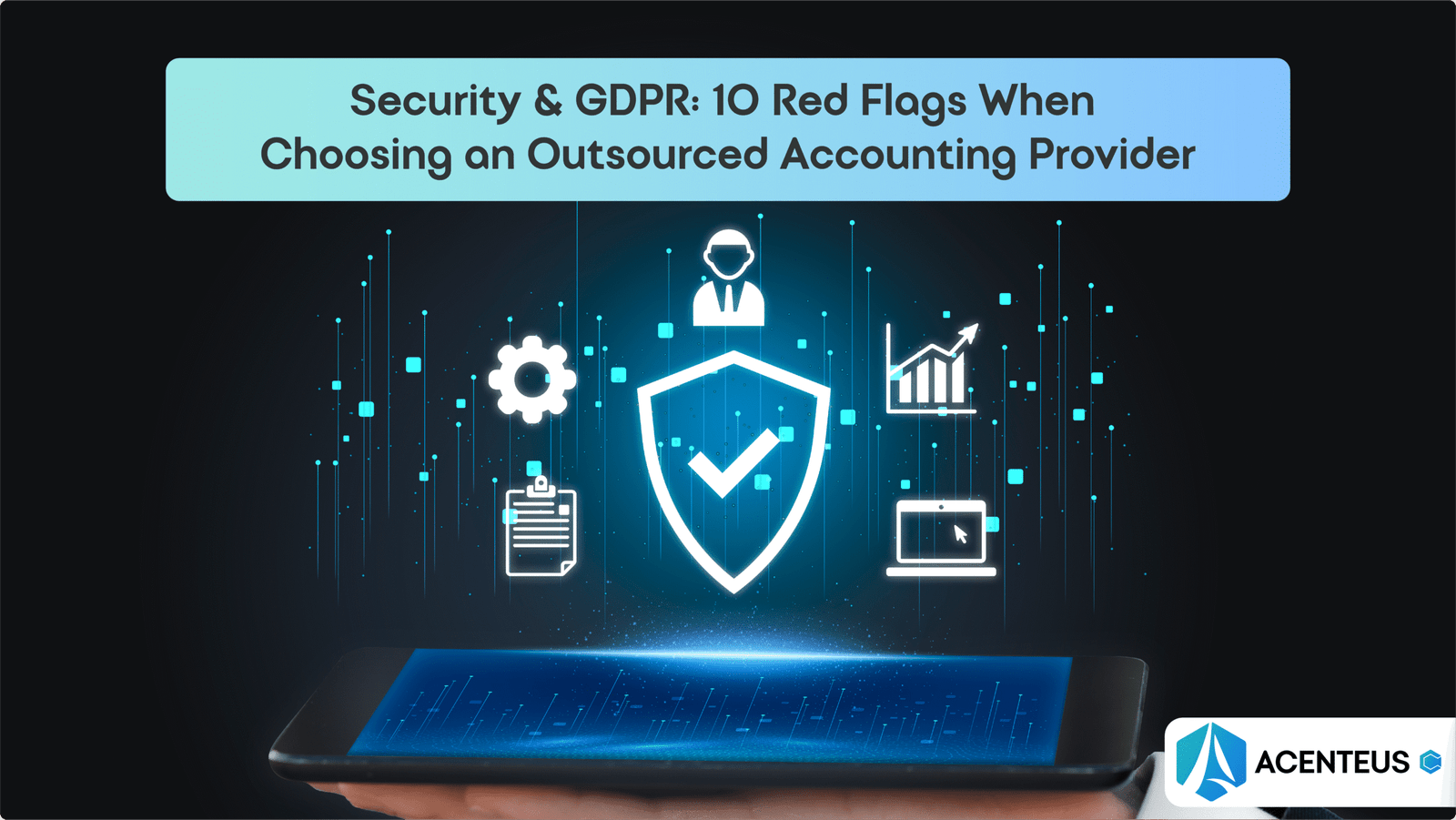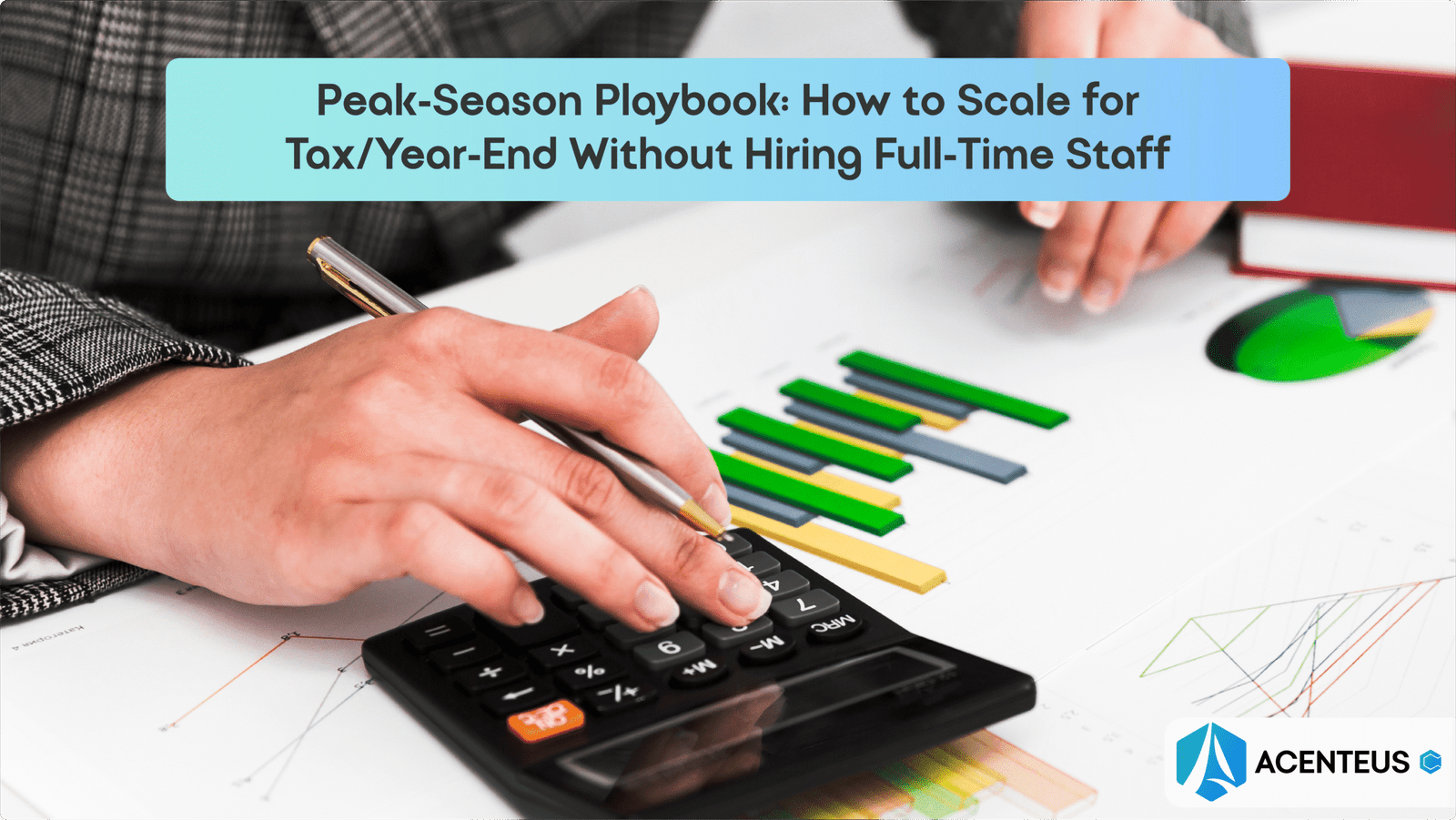Bookkeeping often looks easy when you first start a business. You buy accounting software, keep receipts neatly filed and promise yourself that you will stay organised. It feels smart and cost-efficient to handle it yourself. After all, who understands your finances better than you?
But as your company grows, so does the complexity. There are more invoices, more expenses and tighter submission deadlines. Before long, evenings are spent reconciling transactions instead of building the business. The truth is that DIY bookkeeping may seem inexpensive, yet it quietly drains your money, time and focus.
Across the United Kingdom, a growing number of small and medium-sized enterprises are discovering that outsourcing their bookkeeping is not a luxury. It is a practical step that saves both cost and stress.
This article explores what DIY bookkeeping really costs, why those costs often stay hidden and how professional outsourcing can convert uncertainty into clarity.
Why UK businesses are rethinking DIY bookkeeping
The United Kingdom currently has more than 5.5 million private-sector businesses, according to the UK Government’s Business Population Estimates. Most are small or micro firms led by owners who handle multiple roles.
In the beginning, managing the books yourself feels manageable. However, when you reach a certain size, bookkeeping turns into a full-time task. The introduction of Making Tax Digital and stricter HMRC rules on VAT penalties have made compliance more time-consuming. A few late or inaccurate submissions can easily cost several hundred pounds in fines.
At that stage, the decision becomes clear: either spend more time learning rules and fixing mistakes or let a specialist handle it while you focus on growth.
Many SMEs have moved to professional bookkeeping in the United Kingdom. The benefit is not simply cost control. It is the confidence of knowing that every transaction, submission and reconciliation is handled correctly.
The complete cost of doing your own books
To understand the real expense of DIY bookkeeping, you need to look beyond what appears on your bank statement. The true cost includes both visible and hidden elements.
Visible costs
These are straightforward and include:
- Subscription to accounting software such as QuickBooks or Xero.
- Salary or hourly pay for an internal bookkeeper.
- Annual accountant reviews or year-end adjustments.
- Office space, equipment and utilities used for finance tasks.
Hidden costs
Hidden costs are easy to overlook but can have a significant impact:
- Lost hours for the owner or senior staff who manage accounts manually.
- Errors that lead to additional accountant fees.
- Missed deductions that inflate your tax bill.
- HMRC penalties for late or inaccurate returns.
- Stress and distraction reduce productivity.
When both sets of costs are considered together, the so-called savings from DIY bookkeeping rarely hold up.
If you want to explore how professionals calculate these figures, our VAT Compliance Outsourcing blog explains how missed submissions can add thousands in hidden expenses every year.
The visible expenses you already know
Software subscriptions
Cloud accounting tools have simplified finance management, but they are not free. Once you add payroll, expense tracking and additional users, most small businesses spend £50 to £100 each month. That is up to £1,200 a year without counting training time or troubleshooting.
Staff salaries and related costs
An in-house bookkeeper typically earns £27,000 to £30,000 per year (Indeed UK, 2024). Employer National Insurance contributions, pension payments and paid leave increase that to £35,000 or more. Even part-time administrative help often costs £12,000 to £18,000 annually once overheads are included.
Training and compliance
Rules under Making Tax Digital continue to evolve. Staff must keep up through webinars, courses and software updates. Every training hour is paid but produces no immediate revenue.
Accountant reviews
Even when you manage your own books, most accountants recommend quarterly or biannual reviews. These checks cost between £500 and £1,000 per session. Over a year, this easily adds another £1,500 to £2,000 in professional fees.
These visible figures are just the starting point. The real challenge lies in the unseen costs that quietly drain profit.
The hidden costs that reduce profitability
Missed tax deductions
According to TaxAssist Accountants, small business owners who manage their own accounts frequently overlook allowable deductions worth several thousand pounds each year. Travel expenses, mileage, home-office use, and business insurance are commonly missed categories. Missing even £2,000 in allowable costs means paying £400 to £500 more in tax annually.
HMRC penalties and errors
The penalty point system introduced by HMRC means repeated late VAT returns can quickly add up to serious money. Four late submissions within twelve months trigger a £200 fine, and every subsequent delay incurs another. The cost of repeated administrative errors can exceed the price of outsourcing altogether.
Time and opportunity cost
Research by the Federation of Small Businesses found that owners spend an average of fifteen hours a week on financial administration. Valuing that time at a conservative £50 an hour equals £39,000 in lost business opportunity over a year.
Correcting mistakes
When you make an error in your books, it rarely stops at one. A single wrong figure often affects bank reconciliations, VAT returns and management reports. The hours spent identifying and correcting those mistakes come straight out of productive time.
Stress and mental load
Bookkeeping demands focus and consistency. For an owner managing sales, operations and marketing at the same time, financial admin becomes mentally exhausting. The result is slower decision-making and reduced creativity, which ultimately costs growth.
Why outsourcing improves both accuracy and returns
Outsourcing is not about handing control to strangers. It is about gaining clarity, freeing time and stabilising your costs.
Predictable monthly pricing
Professional bookkeeping firms work on fixed monthly retainers that include everything from reconciliations to reports. This removes financial surprises and allows for better budgeting.
Higher accuracy
Specialist teams use robust processes, peer review and automation tools to ensure every transaction is recorded correctly. Accurate data leads to cleaner reports and smarter business decisions.
A QuickBooks UK study found that small businesses working with professional accountants achieved 11.5 per cent higher revenue growth than those that managed accounts alone. The study links this improvement to better cash-flow visibility and informed planning.
Compliance and peace of mind
Bookkeeping providers keep pace with HMRC and GDPR updates, handle submissions on time and maintain secure digital records. Business owners gain confidence knowing their data and deadlines are managed correctly.
Access to better technology
Outsourced firms invest in automation platforms and AI-driven tools that most small companies cannot justify buying individually. These systems capture receipts automatically, reconcile transactions instantly and generate real-time dashboards.
Flexibility and continuity
When your business expands, the service scales with it. You no longer need to worry about holiday cover, recruitment or training replacements.
For companies ready to experience this change, Acenteus offers fully managed bookkeeping solutions as part of its accounting services. The firm also supports accountants through Outsourcing for Accountants and provides strategic insights through Corporate Finance Outsourcing. Together, these services form a complete ecosystem that keeps records accurate, reports timely and compliance effortless.
The role of technology and AI in modern bookkeeping
Technology has transformed how bookkeeping is done. Artificial intelligence now automates repetitive tasks, freeing professionals to focus on analysis and advice.
The Karbon State of AI in Accounting Report found that more than seventy per cent of accounting professionals in the UK use AI tools to improve efficiency. Automated data entry, real-time matching and predictive cash-flow analysis have become standard in modern accounting workflows.
For small businesses, this means fewer manual mistakes and quicker insights. Automation ensures that expenses and payments are logged instantly and accurately. It also flags inconsistencies early, which prevents compliance issues later.
Firms like Acenteus integrate AI into their outsourced bookkeeping to combine speed with human oversight. This balance delivers both accuracy and strategic visibility without increasing internal workload.
If you would like to learn more about how automation is changing accounting, read our blog on How AI Is Transforming UK Accounting Firms. It explains how new technologies are reshaping processes and client expectations across the industry.
Choosing the right bookkeeping partner
If you have decided that DIY bookkeeping is holding your business back, the next step is finding a partner who can help you grow with clarity and confidence. Choosing the right bookkeeping provider is not just about comparing prices. It is about finding a team that understands your business, your goals and your pace of growth.
Here are a few practical tips to make that decision easier.
Look for industry experience
Every business is different. A hospitality business has different reporting needs compared to a tech consultancy or a manufacturer. When choosing an outsourcing partner, make sure they already work with companies similar to yours.
At Acenteus, our Accounting Services for Businesses are built specifically for small and medium-sized enterprises across the United Kingdom. We work closely with business owners to create a system that fits their structure and their comfort level.
Ask about transparency
Outsourcing should bring clarity, not confusion. The best partners have simple, predictable pricing without hidden fees or vague add-ons. You should know exactly what is included in each month.
Transparency also applies to communication. You deserve regular updates, direct access to your bookkeeping team and timely answers when you have questions.
Check their technology stack
Modern bookkeeping is powered by smart software and automation tools. A strong provider uses cloud accounting systems that integrate with your business software. They can help you view your financial data in real time from anywhere.
For instance, Acenteus uses cloud-based platforms that link your bookkeeping directly with your sales and banking systems. You always have access to live numbers and reports, which means fewer surprises at month end.
Prioritise data security
When you share financial information, you need complete confidence that it is handled safely. Confirm that your provider complies with GDPR and uses encrypted systems. They should be able to explain how your data is stored, who has access to it and how often it is backed up.
Expect personal attention
You should never feel like just another client. Even if your bookkeeping is managed by a team, there should be a dedicated point of contact who understands your goals and knows your business.
At Acenteus, we believe that personal communication is at the heart of successful outsourcing. Every client has a dedicated relationship manager who oversees accuracy, reports and communication flow.
Think long term
The best bookkeeping partner grows with you. As your company expands, you might need management accounts, payroll or financial analysis. Working with a provider that offers end-to-end financial services helps you avoid switching partners later.
Our team also supports businesses through Corporate Finance Outsourcing, helping them plan budgets, raise capital and make informed financial decisions.
Measuring the return on investment
When business owners think about outsourcing, one of the first questions is, “Will it really save me money?” The short answer is yes, but the benefits go beyond cost. Outsourcing creates financial clarity, frees time and reduces stress. Let’s look at how to measure the return on investment in practical terms.
Direct savings
Compare your current costs with an outsourced plan. Include salaries, employer contributions, accountant fees, training hours and software subscriptions. Most small businesses find that outsourcing costs between 30% and 60% less than running bookkeeping internally.
For example, a company spending £35,000 a year on an in-house bookkeeper may only spend £4,000 to £6,000 with a professional outsourced service. That is a direct saving that can be reinvested into marketing, hiring or expansion.
Time savings
Time is one of your most valuable assets. Every hour spent managing accounts is an hour not spent building relationships or finding clients. When you outsource bookkeeping, you reclaim those hours. Over a year, that time can easily translate into thousands of pounds in new business opportunities.
Improved accuracy
Outsourced teams operate with checks, reviews and clear workflows. Mistakes that might have gone unnoticed internally are caught early. This accuracy reduces tax liability, eliminates late penalties and improves cash-flow forecasting.
A QuickBooks study found that small businesses working with professional accountants saw 11.5% higher revenue growth than those who handled finances alone. The clarity of having accurate books allows business owners to make confident decisions.
Peace of mind
The greatest ROI might not even be financial. When you no longer have to worry about deadlines, reconciliations or VAT submissions, your focus improves. You make better business choices and experience less stress. That has value too, even if it cannot be measured on a balance sheet.
For a detailed breakdown, you can read our Acenteus blog article How to Calculate the ROI of Outsourced Accounting Services, which explores this topic with examples and case studies.
Common concerns about outsourcing
Outsourcing bookkeeping is a big step, and it is natural to have questions. Here are a few we hear most often from business owners and our honest answers.
“Will I lose control of my finances?”
You stay in control. A good provider gives you regular reports and access to your records at any time. The only thing that changes is who does the manual work behind the scenes. You make the decisions, and your provider supports them with accurate data.
“I am worried about my data privacy.”
This is an important concern. Make sure your provider explains their security policy in plain language. At Acenteus, we follow strict data protection protocols under UK GDPR and maintain full transparency about how your information is stored.
“It seems expensive to pay someone else to do this.”
When you factor in time, payroll costs, training and risk, outsourcing is almost always more cost-effective. Most clients who switch to Acenteus see measurable savings within the first few months.
“I’m a small business; is it worth it for me?”
Absolutely. Outsourcing is scalable. We work with sole traders, start-ups and established SMEs. The earlier you begin with a professional system, the cleaner and more efficient your records become.
If you are ready to simplify your bookkeeping, check out our Accounting Services for Businesses to request a free consultation, or explore insights on Outsourcing for Accountants and Corporate Finance Outsourcing
A quick self-check for business owners
Before you make the switch, take a few minutes to assess whether your current bookkeeping process is costing more than it should.
- Write down how many hours a week you or your staff spend on bookkeeping.
- Multiply those hours by your average hourly rate.
- Add the cost of software, accountant reviews, and any training or compliance time.
- Include any fines, penalties or corrections from the last twelve months.
- Compare that total with the quote for an outsourced plan.
If outsourcing is similar in cost or cheaper, the decision becomes easy. Even if it costs the same, you gain back valuable time and reduce the risk of mistakes.
A short case study
One of our clients, a boutique design agency based in London, used to manage all its accounts in-house. The founder handled invoices and payroll, while an assistant tracked expenses. On average, they spent fifteen hours a week on bookkeeping tasks.
When they partnered with Acenteus, our team reviewed their existing systems, set up automated workflows and implemented monthly financial reports. Within one quarter, the agency:
- Recovered more than ten hours per week.
- Identified £2,800 in missed deductible expenses.
- Gained access to real-time dashboards that tracked profitability by project.
- Reduced their end-of-year accountant fees by 40%.
The founder described the experience as “like taking off a heavy backpack.” That is the impact of outsourcing done right.
Final thoughts
Doing your own bookkeeping might feel like you are saving money, but when you consider missed deductions, time, penalties and stress, it often costs far more. Outsourcing is not about losing control. It is about gaining a reliable partner who understands your numbers as well as you do.
At Acenteus, we help UK SMEs streamline their accounting processes with a balance of technology and expertise. From daily bookkeeping to compliance and financial forecasting, our team ensures that your business runs smoothly and stays compliant every single day.
If you are ready to simplify your bookkeeping, visit our Accounting Services for Businesses page to request a free consultation.
Outsourcing is more than a service. It is a partnership that gives you back time, clarity and the confidence to grow your business with ease.
Frequently Asked Questions
When you include software, training, accountant reviews and lost time, most small businesses spend several thousand pounds a year managing their own books. Add fines or missed deductions, and the figure climbs even higher.
Yes. When you compare total costs, outsourcing is usually 40% to 70% cheaper than employing or managing bookkeeping internally.
Definitely. Packages are designed for every business size, from start-ups to established SMEs. The earlier you start, the more organised your finances will be.
That is possible. Many businesses use a hybrid model where Acenteus handles reconciliations, reports and compliance, while internal staff manage invoices or petty cash.
You can begin with a free bookkeeping audit through our Accounting Services for Businesses. We will analyse your current system, identify gaps and show you how outsourcing can reduce both cost and effort.






